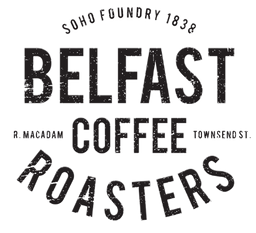Frutos del Corcovado – Peru
This lot features juicy notes of blackberry, blueberry, and raisin, complemented by maple, cane honey, and chocolate. We loved the sweet aftertaste, which is accompanied by a medium high acidity.
Origin: Peru
- Region: Cajamarca
- District: Chontali
- Community: Miraflores
- Altitude: 1800–2100 MASL
- Varieties: Caturra, Catuai, Bourbon
- Harvest: June – November
- Processing: Washed, 12–18 hour fermentation in cement tanks
- Drying: 15–20 days on solar dryers
Frutos del Corcovado comes from the remote, high altitude region of Chontalí, in northern Peru’s Cajamarca department. This area is quickly gaining recognition for producing exceptional specialty coffees.
The farmers behind this lot come from the Miraflores community, where average farm sizes are just 1.5 hectares. They work closely with our partner Dreyde Delgado, a post harvest expert and a native of the region. With Drey’s support, farmers refine their fermentation and drying techniques to bring out the best in each variety’s flavour.
The coffee is named after Corcovado, the highest mountain in the area and a sacred figure for locals. In Quechua, it’s known as an Apu, a spiritual guardian of the land. The mountain is shrouded in mystery and legend, said to protect the surrounding forests, animals, and water sources that make life, and coffee growing, possible.
This coffee is a tribute to the fruits of Corcovado, both the literal harvest and the life sustaining ecosystem that nurtures it. Grown with care, tradition, and deep respect for nature, every cup supports smallholder farmers and their families.
• Small scale, community grown
• Environmentally responsible farming
• Deep cultural roots
Bright, floral, and complex with notes that reflect the rich biodiversity of its origin.













